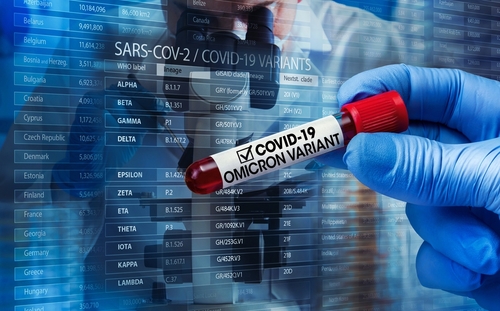
With new and aggressive strains of COVID-19 continuing to emerge, such as the omicron subvariants BA.4/5, Moderna, Inc. has continued developing new means to counter them, including its booster candidate mRNA-1273.214, which recently delivered promising results.
One month after administration in previously vaccinated and boosted patients, a 50 µg dose of the booster elicited higher neutralizing antibody responses against BA.4/5 subvariants than the currently authorized mRNA-1273 booster. Even more significant: it managed this across age and prior infection status, among those between 18 and 65 years old. This held for the non-infected as well – in patients with no prior infection, the new candidate brought significantly higher neutralizing titers against the subvariants than the currently authorized booster one month after treatment.
“We are very pleased that our bivalent platform continues to demonstrate better performance than the current booster. Today’s update extends the remarkable performance of mRNA-1273.214, demonstrating significantly higher titers against all tested variants, including the BA.4/5 and BA.1 Omicron subvariants, and adds to the largest body of data confirming the superiority of a bivalent approach. This superior breadth and durability of immune response following a bivalent booster has now been shown in multiple Phase 2/3 studies involving thousands of participants,” said Stephane Bancel, Chief Executive Officer of Moderna. “We are working with regulators to advance two bivalent vaccine candidates, mRNA-1273.214 and mRNA-1273.222, based on different market preferences for Omicron subvariants, clinical data requirements, and urgency of starting fall booster campaigns for vulnerable populations.”
Following the positive news, Moderna completed regulatory submissions for the booster candidate in the E.U., U.K., and Australia, with more to follow this week. Full data was also submitted for peer-reviewed publication. The new research was added to data on the booster from an ongoing phase 2/3 study of approximately 800 participants. In previous studies, it has been found to be well-tolerated, with a safety profile and reactogenicity consistent with the currently authorized mRNA-1273.




